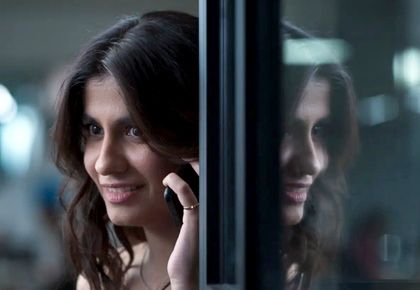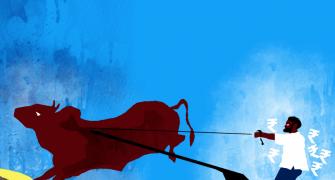'It's time to change this system of randomly giving stars and the right to bad critics to run down our products.'
'Two films, even if both get three stars, are very different from each other.'
'I can understand if these stars indicated a level of enjoyment or engagement, but the current rating system is flawed because there are no parameters.'
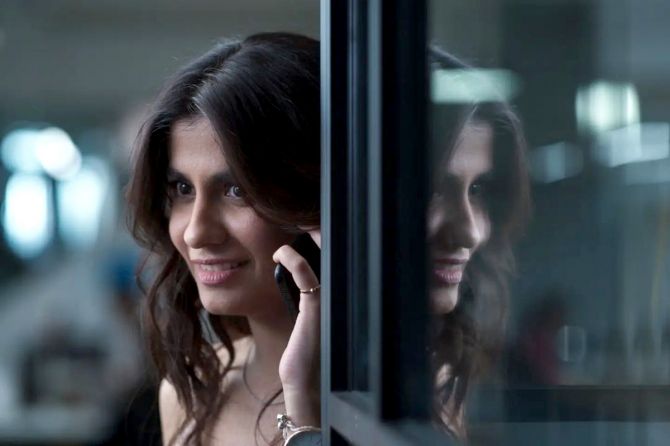
R Balki has carved a niche for himself over 15 years with offbeat subjects.
Right from his first film, Cheeni Kum, to the just released Chup: Revenge Of The Artist, Balki has fearlessly made films he believes in rather than with an eye to box office collections.
Reviews have not always been flattering, in fact, he admits some critics have been personally biased, scathingly vicious and downright insulting.
In an intense conversation with Rediff.com's Senior Contributor Roshmila Bhattacharya, Balki says, "Like good and bad cops, good and bad politicians, we have good and bad critics. The latter take themselves and not their jobs seriously. For them, their job is one of power, not responsibility."
Chup, which taps into and talks about your passion for cinema, released on September 23, the first National Cinema Day, to housefull boards with ticket prices slashed to Rs 75 for the day.
Yes, it was stupendous.
The National Cinema Day had been postponed by a week and while some film-makers were scared that slashing ticket prices would affect their revenues, we just wanted people to come and watch our film.
I'm thankful to Jayantilal Gada (co-producer) for supporting our decision of having free public screenings before the release.
Encouraged by the response to them, we decided to open on National Cinema Day and going by the numbers, one realises that the only thing stopping people from coming to the theatres is the price of tickets.
In states like Tamil Nadu and Andhra Pradesh, prices have been regulated thanks to tax relief from the state governments, who see cinema as an essential commodity.
It is important for our Hindi film industry to understand that having a full house at a lower price is as good as, maybe even better, than 30 per cent occupancy at astronomical prices.
They are happy to rake in the money from the big-ticket blockbusters in the first three days with Rs 700 ticket but that leaves fewer and fewer people coming for the medium-size films and that's dangerous for cinema.
Since the '80s and '90s, footfalls have been falling.
Already there's a drop in audience for my film in just 24 hours with ticket prices going up again.
It's a sad state of affairs that simple economics can rectify if the film industry comes together.
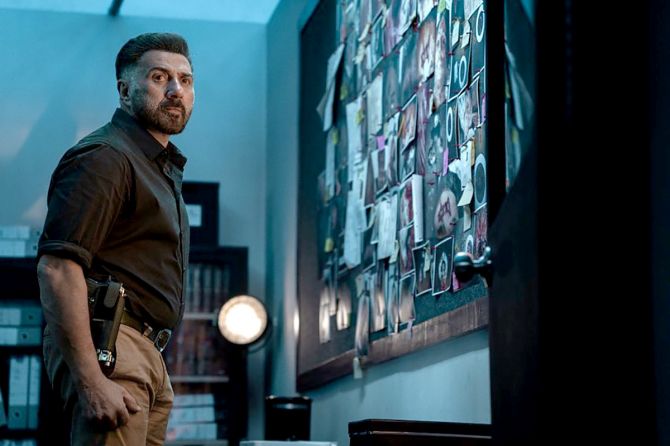
At a time when many medium-budget films are premiering directly on OTT, what made you risk a theatrical release?
Chup is a film on cinema.
I wanted Guru Dutt's songs to be heard on 5.1 sound, not TV.
Jayantilal Gada agreed it should come in the theatres first.
Its lifetime collection may not exceed Brahmastra's opening day pickings, but the economics are very different.
At the end of the day, nobody remembers figures, they remember the film.
We knew that no matter how good the word-of-mouth, with the usual prohibitive ticket prices, not too many people would come to see it in the theatres.
Before COVID, they might have paid these prices for small films. But during the lockdown, they were exposed to so much content that now, they prefer to wait eight weeks to watch them for free at home.
Only when you make tickets affordable are they interested.
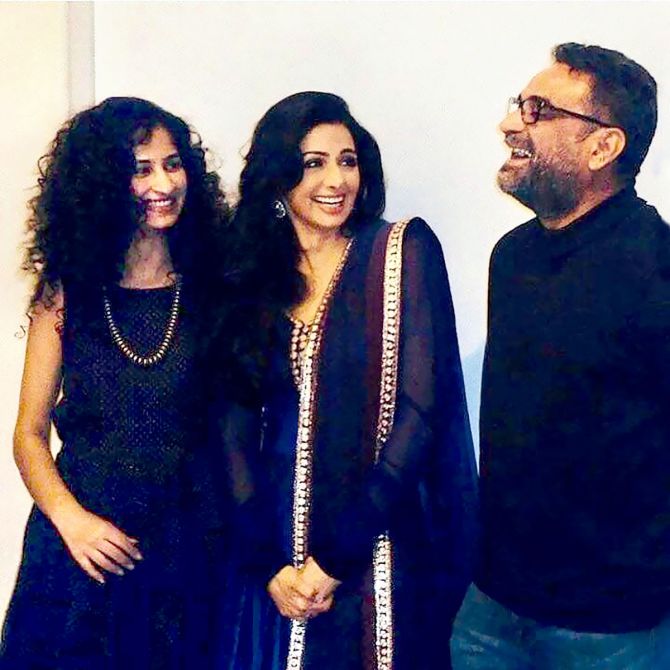
Chup hits out at critics, literally. You don't like them much, do you?
But like good and bad cops, good and bad politicians, we have good and bad critics.
The latter take themselves and not their jobs seriously.
For them, their job is one of power, not responsibility.
I'm all for good critics and don't want praise alone for my work.
I've texted some of my critic friends even for an unflattering but beautifully written review from which I have learnt a lot.
I'm okay with a bad review, but I don't like a film I have worked on for two years dismissed as 'average'.
The critic need not be complimentary, but they can be reverential.
I have invited them to judge my film because I don't know of any better judge and the least they can do is respect that privilege and not insult it.
Who are they to say the film won't work?
That is for me and the audience to judge.
It's almost like they are trying to show their power!
Many critics talk knowledgebly about the technicalities of the craft without having even done a crash course in film-making.
Yes. They think that by watching films, they have become experts.
They have (Swiss French film-maker Jean-Luc) Godard and (Russian film-maker Andrei) Tarkovsky in their heads, they are overwhelmed by what they have seen, heard or read in books.
Most don't know the difference between a good and a bad film.
They pass themselves off as the audience, but they are not.
They are supposed to point out to the audience what they might miss, make them think and help cinema progress.
It's strange that often a mainstream film sans logic and a serious one targeting a niche audience are both viewed with the same jaundiced eye.
I agree. Some of the critics who have no business being one, given the trash they write, are oblivious of this distinction.
It's embarrassing to call them critics as they exist only because of the number of years they have been around.
The industry is also to blame for feeding their egos because they are afraid of bad reviews.
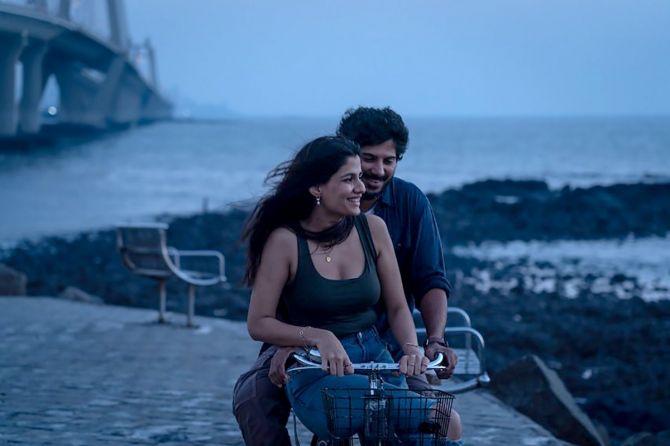
What is your take on paid reviews?
I think it's a crime to have corrupted an industry by taking forward this practice of paid reviews.
You cannot pay them, rather they should pay us royalty to write about our films.
And the star evaluation system?
It's time to change this system of randomly giving stars and the right to bad critics to run down our products.
Two films, even if both get three stars, are very different from each other, there are no comparisons.
I can understand if these stars indicated a level of enjoyment or engagement, but the current rating system is flawed because there are no parameters.
Priyadarshan once told me that when a film of his got four stars, he was afraid it would tank while one to one-and-half stars meant a blockbuster.
I don't get that three stars is good and one star is bad, but I don't say it's wrong.
A four-star rating from a good critic matters.
It takes years to build credibility and when people start trusting a person's word, they will go to watch a film.
But today, many critics are being slammed for giving good reviews and many have been told not to take them so seriously because they don't matter.
But if they don't matter, why do they write about my film?
So would you say that reviews and stars which today are only used as promotional material have become redundant? The viewer usually decides on the basis of the trailer if they want to pay to watch it.
The younger generation doesn't give a damn, nor the wiser ones and the literate ones.
But a lot of innocent people still believe in outdated newspapers and online reviews, the credibility of the media.
So I think that the few people whom people trust actually doing their job, are more responsible.
Unfortunately, some of the great veterans of film criticism are not doing a good job.
I remember a senior lady critic dismissing Dear Zindagi saying she did not have time for therapy, it was boring!
That's not the way you talk about a sensitive film!
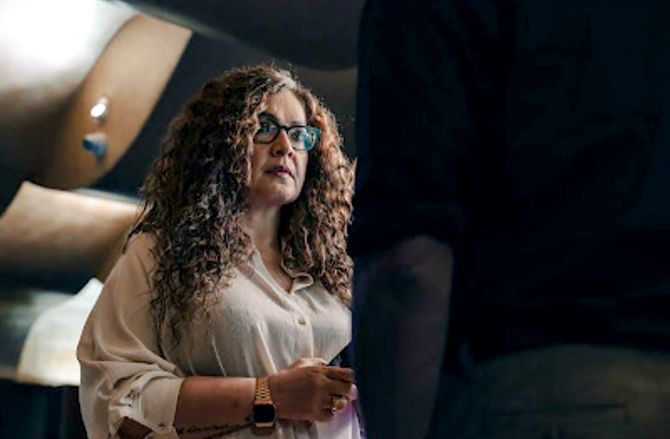
Were you expecting critics to like a film like Chup that puts them on the dock?
Honestly no, I didn't expect anybody being killed to praise the killer.
I was surprised that while 50 per cent expectantly didn't, the other 50 per cent did because they are more evolved and have a sense of humour.
I'm absolutely fine even with those who didn't like Chup if they saw it in the right spirit, as a fictional story and not taking it personally and saying it's setting a wrong precedent, bad for society.
That's rubbish, it's dangerous when you write so callously.
You mentioned once that a review of your first film, Cheeni Kum, broke your heart.
It was the only review I read, the first I read in my life.
As a young film-maker who believes he has made a good film, I opened the newspaper on Saturday with a lot of enthusiasm.
I was taken aback by the vicious, agenda-based attack that referred to someone hamming, someone showing off...
Later, after the film was well-liked and proclaimed a hit, I understood the reasons had been personal, but the first hurt runs deep.
I never read another review till I started writing Chup when I went back and read everything.
You can be an artist only if you are sensitive. But then you are expected to be thick-skinned too, which is impossible.
Some of us are lucky because our films have worked despite the reviews or because we have the resilience to carry on.
But I always wondered what about those who can't.
The idea for Chup actually came in 2007.
